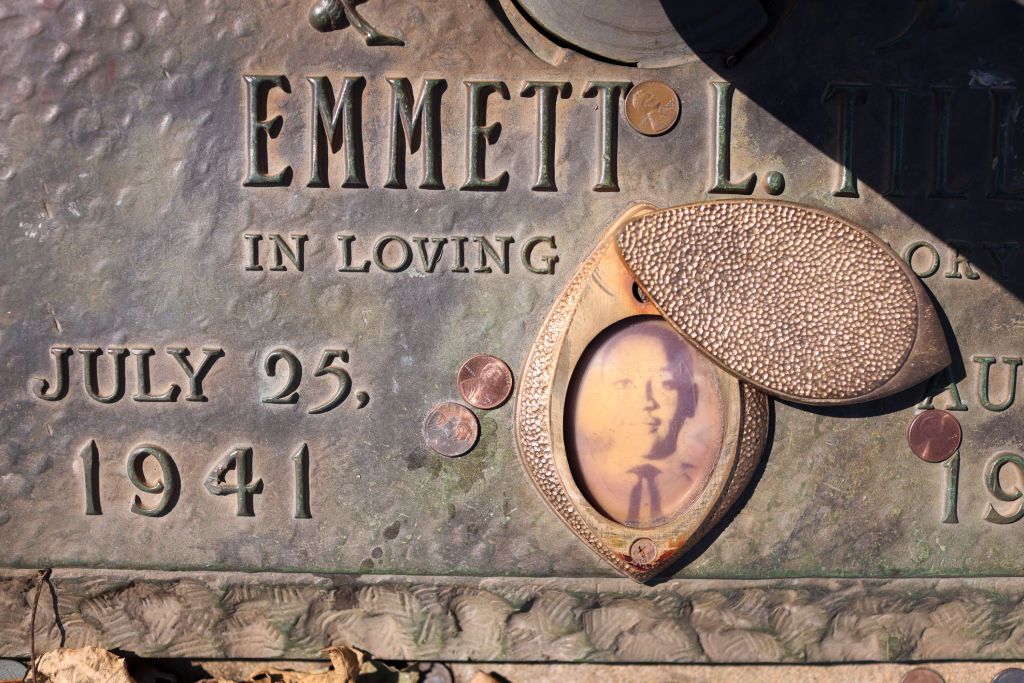Meghan Markle's Miscarriage Sheds Light On Pregnancy Loss Among Black Women
Meghan Markle’s Miscarriage Draws Attention To Pregnancy Loss Among Black Women
Meghan Markle revealed the heartbreaking truth of having a miscarriage, a common yet painful experience that many Black women suffer from in silence.
In a Friday op-ed for The New York Times, Markle recounts the summer day in July which she says began like most, yet undoubtedly ended with an eternal marker in her memory. Markle wrote that she began her day making breakfast, feeding her dogs and holding her son, Archie, until a sharp cramp made it evident that something was wrong.
“I knew, as I clutched my firstborn child, that I was losing my second,” she wrote.
In 2019 before Markle and Prince Harry left England for civilian life, she recalled a journalist asking her, “Are you OK?” in an interview during the couple’s South African tour. Though her answer went viral, the simple three words opened a door for her and made her realize that a question could change worlds.
Markle’s experience also highlights the commonality of miscarriages and stillbirths, especially among Black women and women of color. In the past several years different high-profile Black women and women of color have stepped forward to recount their fertility struggles, including Beyoncé, Michelle Obama, Serena Williams and most recently Chrissy Teigen.
“Losing a child means carrying an almost unbearable grief, experienced by many but talked about by few. In the pain of our loss, my husband and I discovered that in a room of 100 women, 10 to 20 of them will have suffered from miscarriage. Yet despite the staggering commonality of this pain, the conversation remains taboo, riddled with (unwarranted) shame, and perpetuating a cycle of solitary mourning,” Markle wrote.
Like the maternal mortality rate, Black women who are pregnant are still predisposed to experiencing complications or loss due to stress caused by systemic racism, access to health care providers and the bias held within health care providers which often hold Black patients to a different standard.
A miscarriage is categorized as the loss of a baby before 20 weeks of pregnancy. A stillbirth is described as loss after 20 weeks.
While it’s difficult to pinpoint why women experience miscarriages, a 2013 study showed that among a group of more than 4,000 women, 537 observed miscarriages occurred, 23 percent of whom self-identified as Black. In terms of stillbirths, a 2020 study by the CDC showed that Black women were more than twice as likely to experience a stillbirth than white and Hispanic women.
Markle’s reasons for writing the piece were two-fold. In a year that has summoned a collective and independent grief like no other, Markle’s hope was to break the stigma of silence around miscarriages and to unite on a common ground further shattered over the last 11 months. With the ongoing racial unrest, the coronavirus and a bitter election, Markle said she finds it sobering that truth and science can no longer be agreed upon.
In the end, she championed the understanding and compassion that the journalist showed her in hopes that a hollowed-out year could begin to turn around, especially as the holiday season settles in.
SEE ALSO:
How Husbands Can Help Wives Cope With Miscarriages, Depression And Suicidal Thoughts
What’cha You Gonna Do, Harry? Trump Calls Meghan Markle ‘Nasty’


















